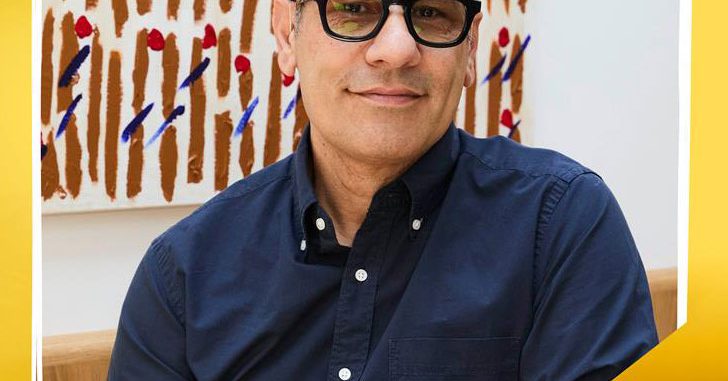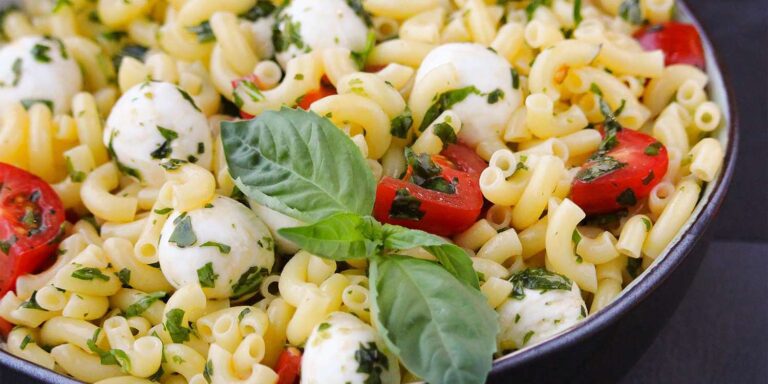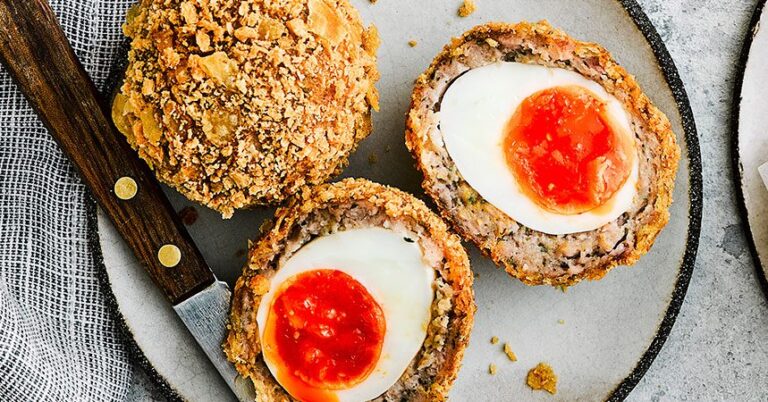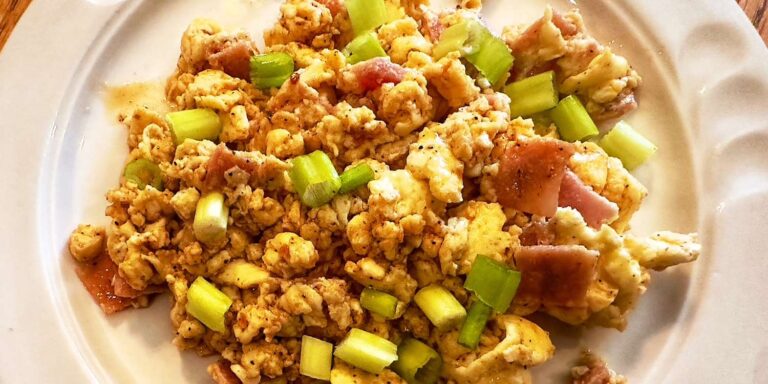Sami Tamimi about the power of simple food, Palestinian memories and why bread should be at every table: “Always buy the best quality you can afford.”
From Umbria to Palestine: Find comfort in green
Tamimi’s trip to Busan began in the hills of Umbria, Italy, where he and his partner had escaped during pandemic. “If you are in a situation like Covid, you want comfort. You miss you at home,” he says. The climate, which is reminiscent of Palestine, inspired the feed excursions for wild greens, herbs and berries – ingredients that became an instinction of his new recipes with a shot.
“I have started to easily do simple things – sometimes you only stir the groats with a little garlic or onions, lemon and sumac,” he says. The simplicity, as it insists, is the point: “You are in a way a kind of equally, so I come into play and build up every dish to look at it unique and appealing, but also attractive.”
Recipes with roots: memories and modern twists
For Tamimi, the food is inseparable from memory and identity. The recipes in Busan are a wall carpet from childhood dishes, family rituals and the ubiquitous connection to Palestine. “They are memories, it is a connection to the family to what I had as a child and as an adult,” he thinks. “It is the connection to land, the environment, in the seasons.”
But nostalgia does not mean standing still. Tamimi admits that traditional dishes with new twists to “Up”, which are driven by curiosity and the desire to keep things interesting. “After a while I get bored of things. For me, it is satisfied for me to satisfy things about different dishes, but also find another link – how can I improve it or do something differently?”
Bread, simplicity and the joy of sharing
If there is one thing that Tamimi believes at every table, it is bread. “We eat bread with everything,” he explains. His favorite? “A whole flatbread with fresh oregano.” Bread for Tamimi is not just food – it is a mindful process, a symbol of comfort and a vehicle for sharing.
The same philosophy shapes its approach to recipe letter. “The book does not ask for exotic or unusual ingredients,” he assures. “It’s all about domestic food, comfort and simple recipes – you don’t have to set off to get ingredients for it.” For Tamimi, the accessibility is everything: “I try to make recipes that are much easier to follow, not very verbatim. People have to feel safe to cook it.”
Tasty, brave, earthy, seasonal ”: The heart of the Palestinian meal
When he was asked to summarize the Palestinian meal, Tamimi does not hesitate: “Tasting, brave, quite earthy, seasonal.” Booking clips such as Tahini, Za’atar, date molasses, sumac, lemon and lots of garlic fill his kitchen. “We are not shy to use garlic,” he grins.
He cooks Palestinian food at home “almost every other day”, which is driven by both habit and passion. “My parents really cooked traditional Palestinian food, and my sisters still do it. It is part of the preservation of culture and food, but also a ritual – they do it because of high demand, but also because they enjoy it.”
Change the way in which Great Britain eats
Tamimi’s influence on the British eating culture is undeniable. “When I arrived in this country in 197, they couldn’t get any of the ingredients that we use now. Now every supermarket sets Tahini and Za’atar.” He is proud of how he contributed to making vegetable-centered cooking in the Middle East to part of the everyday British table: “In the beginning I thought it was a trend, but it is actually a way to eat. We taught people how to cook vegetables in a different way, and vegetables are the center of the whole table.”
Favorite dishes and kitchens wisdom
Tamimis Comfort dish? “A stew with fava beans, eggplant, tomatoes and eggs -almost like a Shakshuka, but with fava beans and eggplant, which was completed with Sumac onions. They only need a lot of bread.” It is a court for sharing that is best served in the middle of the table with cucumbers and chili sauce.
Its best kitchen tip is wonderfully practical: “I use the back of a peeler to get out all seeds and fluffy parts of pumpkin or butternusskürbis. It is sharp enough to get it out instead of using a spoon.”
Seasonality, simplicity and support of more local
If Tamimi could change one thing about how Britain eats, it would be to accept seasonality. “People in this country do not know anything about seasonality. We are so spoiled – we have everything in the shops and we have lost this connection. For me it is not just about seasonality, but also the connection to the country and what we actually grow.”
With good food, Tamimi is about quality, simplicity and support from local companies. “Always buy the best quality you can afford. I try to avoid supermarkets because of the packaging, and I believe in supporting local business.
A legacy of taste and connection
Tamimis food is more than just food – it is a bridge between places, people and memories. Regardless of whether he dreams of opening a committed Palestinian restaurant in London or writing recipes that bring home to your home everywhere, his message is clear: good food is simple, seasonal and should be shared.
As he puts it: “It is about the connection – to eat, to the recipes, to your own kitchen. That is important.”
Discover more related content …
Seasonal calendar
Good Food Podcast – Kate humble, the importance of craftsmen and community
Spring Greens recipes
Good Food Podcast – Niki Segnit about exploration and combination of flavors
Great British recipes with a turn







